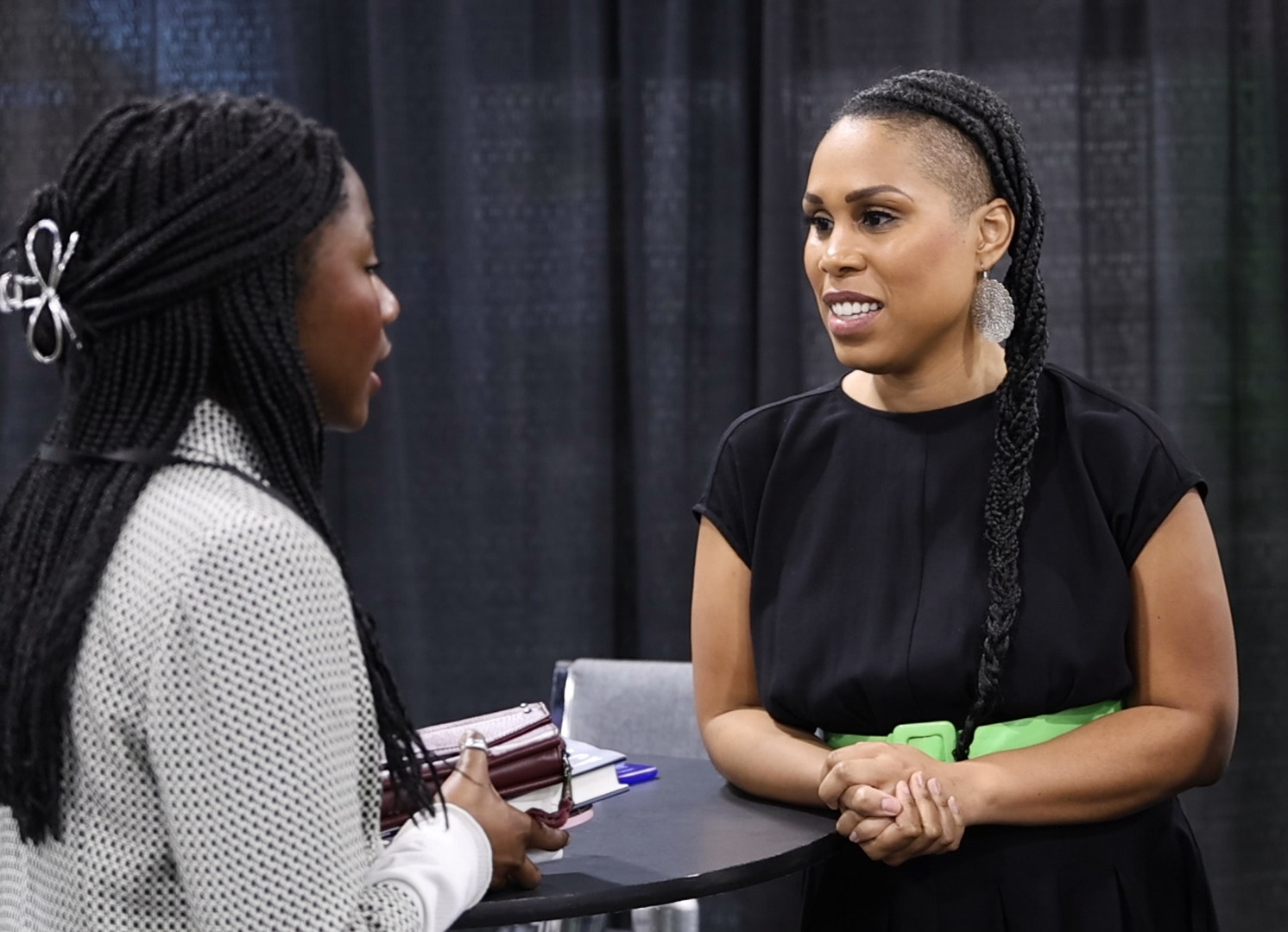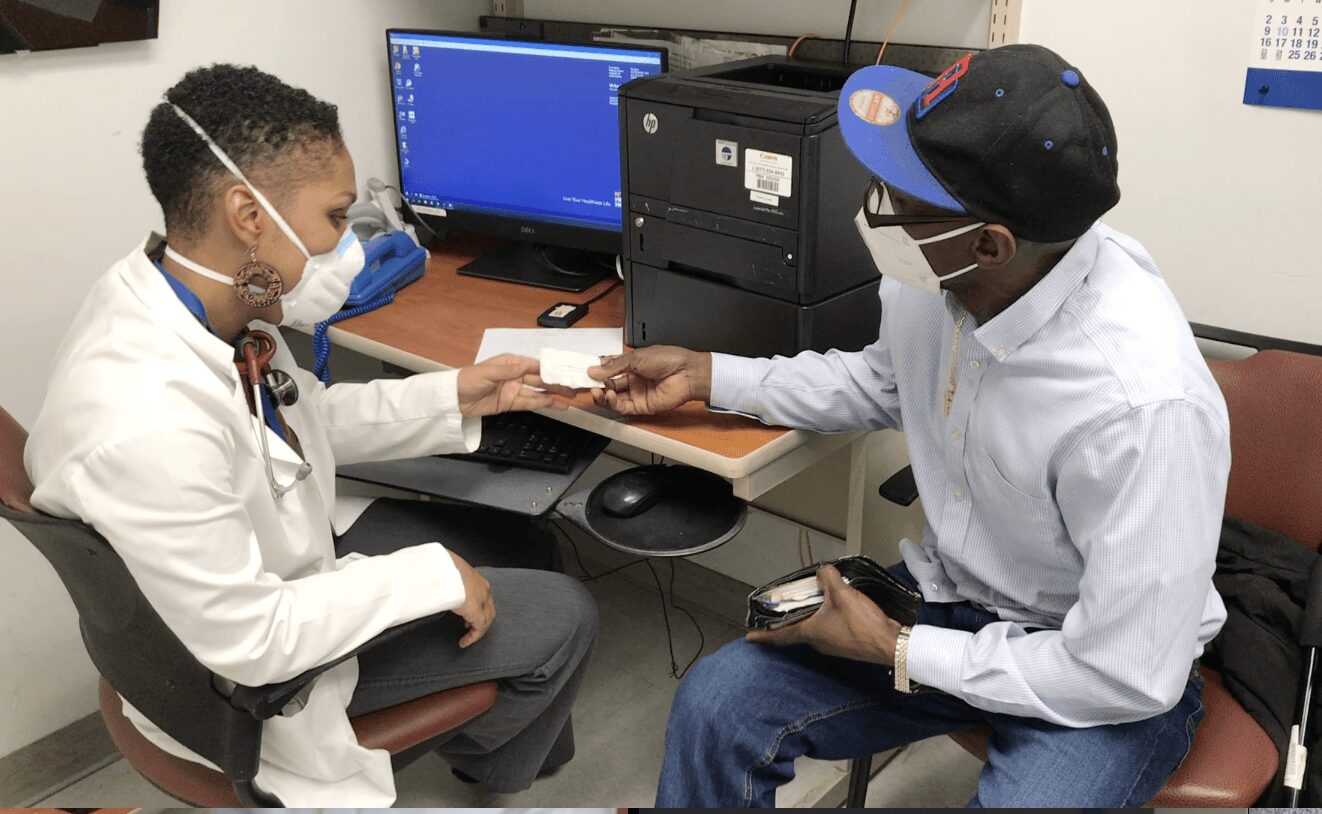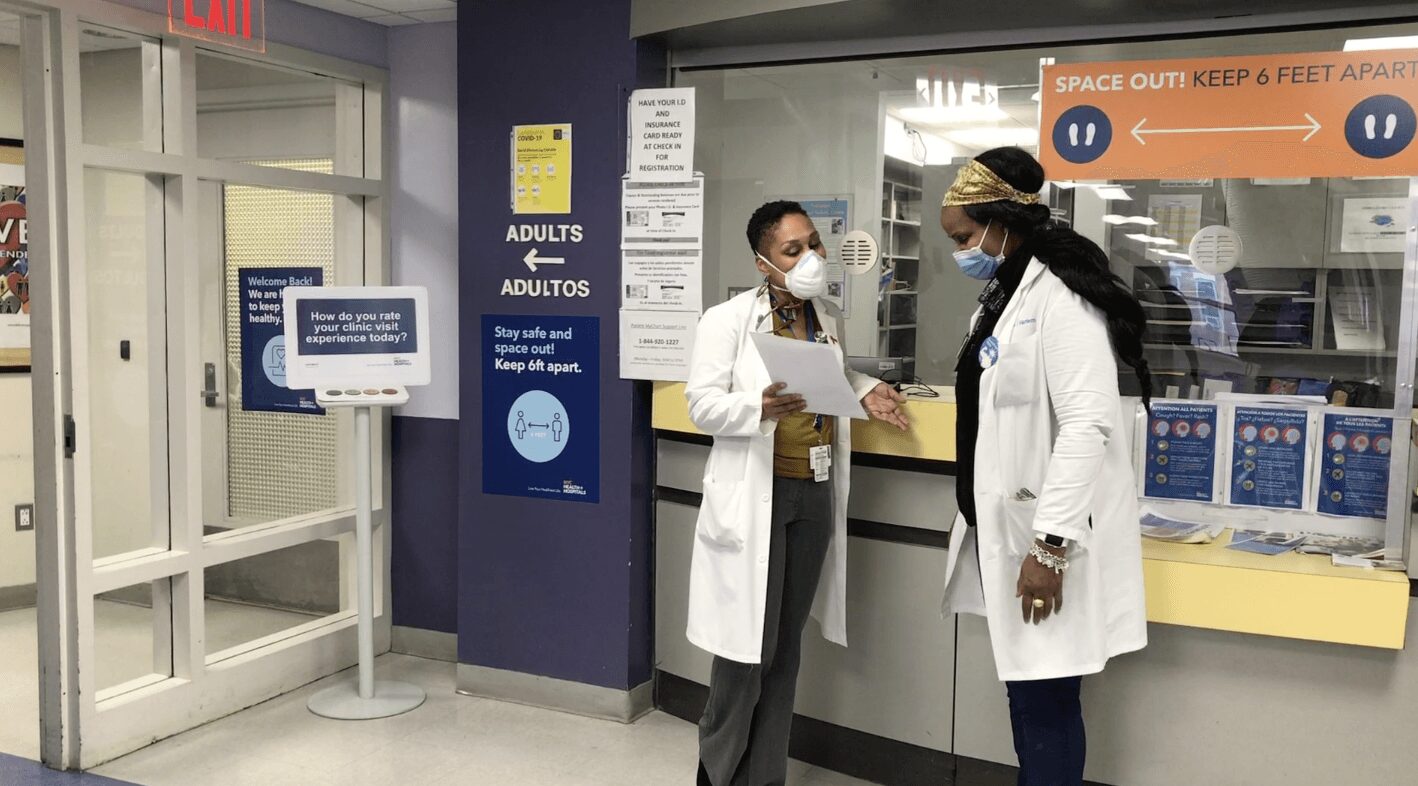We recently connected with Oni Blackstock and have shared our conversation below.
Hi Oni, so excited to talk about all sorts of important topics with you today. The first one we want to jump into is about being the only one in the room – for some that’s being the only person of color or the only non-native English speaker or the only non-MBA, etc Can you talk to us about how you have managed to be successful even when you were the only one in the room that looked like you?
Being the only person in the room who looks like me can often be challenging, but I have found that remembering my roots, my ancestors on whose shoulders I stand, holds significant power. I strive to bring my whole self into every situation, perspective, and lived experience to the proverbial “table.” Striving for authenticity enables me to articulate the needs of the communities I represent. It fosters more profound connections with others, even those who may not share my background or lived experience.
Advocacy is central to my work. I am on a mission to amplify the voices of marginalized and minoritized communities. In settings that don’t reflect our country’s diversity, I highlight persistent inequities that might otherwise be overlooked. By centering equity, I challenge the status quo and push for meaningful change, using data and personal narratives to underscore the urgency of addressing health inequities.
Building relationships and “critical connections” has also been essential in my journey. Connecting with colleagues (peer mentors) and mentors who share my commitment to health equity creates a supportive network that enhances my efforts. Even in moments of isolation, having collaborators and partners means I am not alone in this work.
Ultimately, my focus is on the impact I want to make. I aim to improve health outcomes for communities most impacted by health inequities. This drives my work, even in the face of challenges. I recognize the emotional toll that intentional, purpose-driven work can take, so I try to be intentional about tapping in when I am resources and tapping out when I need to rest and restore. This practice supports my ability to support and advocate for those who need it most.

Thanks for sharing that. So, before we get any further into our conversation, can you tell our readers a bit about yourself and what you’re working on?
I am a physician, researcher, and social impact entrepreneur committed to promoting health equity. For much of my career, I have advocated for improved healthcare access and outcomes for communities disproportionately impacted by health and social inequities.
What excites me most about my work is the opportunity to contribute to improving the chances that everyone has the resources and opportunities available to achieve optimal health and wellness. Translating my knowledge and experience into actionable policies and programs that make a difference is rewarding. A unique aspect of my brand is that I bring expertise in a cross-section of areas, including public health, clinical practice, clinical research, and community engagement. I’m particularly passionate about using data-driven – qualitative and quantitative – approaches to highlight health inequities and inform better practices and policies in healthcare and public health. Collaboration with community-based organizations and other stakeholders adds depth to my work, ensuring that the voices of those affected are heard and prioritized.
Recently, I’ve been focused on exploring opportunities at the intersection of health equity and artificial intelligence (AI). Community members are often not at the table when these technologies are being developed. I’m interested in developing initiatives that allow us to center community voices in developing and implementing AI-enabled tools to advance health equity.
Looking back, what do you think were the three qualities, skills, or areas of knowledge that were most impactful in your journey? What advice do you have for folks who are early in their journey in terms of how they can best develop or improve on these?
Looking back, integrity, a focus on justice, and a commitment to lifelong learning have been essential in my personal and professional development.
Integrity keeps me ethical and transparent in my advocacy efforts and instills confidence in my communities and colleagues. High ethical standards are vital, particularly in health and public health, where the stakes can be high.
Centering social justice is another cornerstone of my work because it is crucial for tackling the systemic inequalities that impact marginalized communities. By prioritizing the voices and needs of those most affected by health inequities, we can develop more equitable policies and practices that promote health for everyone. This approach not only supports communities but also leads to real improvements in public health outcomes.
A commitment to lifelong learning is paramount in a world that is routinely in flux. The healthcare and public health environment is complex and constantly evolving. Ensuring I stay current on new research, best practices, and community needs means my work remains relevant and impactful. I continuously seek professional development through attending conferences, reading new literature, and working with colleagues from other disciplines. All these put together have charted a course for me and continue to illuminate my path as I work to advance health equity and improved outcomes for all communities.
To those just beginning their journeys, my message is to cultivate these attributes purposefully. Regarding integrity, spell out your values so that you can appreciate what informs your decisions. Further, be transparent in your activities and communication, be honest, and let people know your limitations; this inspires confidence in colleagues and the communities with whom you work. Empathy can be acquired through active listening of others and bidirectional interaction with communities; this can be furthered through community-led initiatives. And finally, make lifelong learning a habit. Stay curious and open to new information and learning through formal education, attending workshops, or simply reading widely about the field.

How would you describe your ideal client?
We find that our ideal client is an organization or entity willing to go the extra mile to advance health equity and eliminate inequities in healthcare access and outcomes. This would involve public health departments, healthcare providers, community organizations, and nonprofits that primarily serve the needs of marginalized and minoritized communities. An ideal client would be collaborative, willing to have honest, open discussions about their practice, and interested in implementing evidence-informed practices to improve their services. They would also be committed to lifelong learning and adaptation, as working towards health equity is a process that encompasses dedication and innovation towards success. Quite simply, we seek partners who are our allies in the vision of creating a more just and equitable world for all.
Contact Info:
- Website: https://healthjustice.co

Image Credits
Akinfe Fatou for the pic of me talking with an audience member
so if you or someone you know deserves recognition please let us know here.



